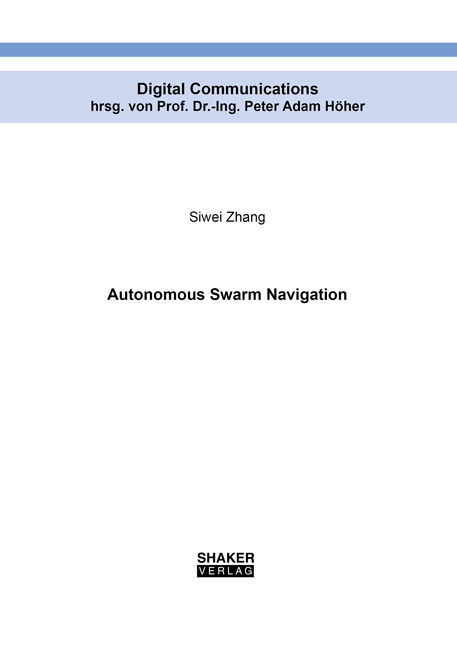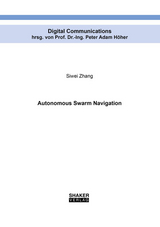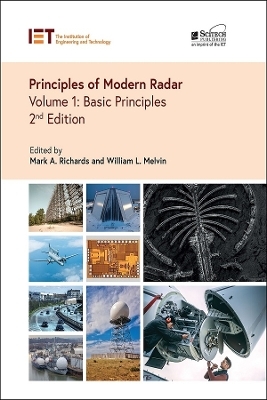Autonomous Swarm Navigation
Seiten
Robotic swarm systems attract increasing attention in a wide variety of applications, where a multitude of self-organized robotic entities collectively accomplish sensing or exploration tasks. Compared to a single robot, a swarm system offers advantages in terms of exploration speed, robustness against single point of failures, and collective observations of spatio-temporal processes.
Autonomous swarm navigation, including swarm self-localization, the localization of external sources, and swarm control, is essential for the success of an autonomous swarm application. However, as a newly emerging technology, a thorough study of autonomous swarm navigation is still missing.
In this thesis, we systematically study swarm navigation systems, particularly emphasizing on their collective performance. The general theory of swarm navigation as well as an in-depth study on a specific swarm navigation system proposed for future Mars exploration missions are covered.
Concerning swarm localization, a decentralized algorithm is proposed, which achieves a near-optimal performance with low complexity for a dense swarm network.
Regarding swarm control, a position-aware swarm control concept is proposed. The swarm is aware of not only the position estimates and the estimation uncertainties of itself and the sources, but also the potential motions to enrich position information. As a result, the swarm actively adapts its formation to improve localization performance, without losing track of other objectives, such as goal approaching and collision avoidance.
The autonomous swarm navigation concept described in this thesis is verified for a specific Mars swarm exploration system. More importantly, this concept is generally adaptable to an extensive range of swarm applications.
Autonomous swarm navigation, including swarm self-localization, the localization of external sources, and swarm control, is essential for the success of an autonomous swarm application. However, as a newly emerging technology, a thorough study of autonomous swarm navigation is still missing.
In this thesis, we systematically study swarm navigation systems, particularly emphasizing on their collective performance. The general theory of swarm navigation as well as an in-depth study on a specific swarm navigation system proposed for future Mars exploration missions are covered.
Concerning swarm localization, a decentralized algorithm is proposed, which achieves a near-optimal performance with low complexity for a dense swarm network.
Regarding swarm control, a position-aware swarm control concept is proposed. The swarm is aware of not only the position estimates and the estimation uncertainties of itself and the sources, but also the potential motions to enrich position information. As a result, the swarm actively adapts its formation to improve localization performance, without losing track of other objectives, such as goal approaching and collision avoidance.
The autonomous swarm navigation concept described in this thesis is verified for a specific Mars swarm exploration system. More importantly, this concept is generally adaptable to an extensive range of swarm applications.
| Erscheinungsdatum | 03.08.2020 |
|---|---|
| Reihe/Serie | Digital Communications |
| Verlagsort | Düren |
| Sprache | englisch |
| Maße | 148 x 210 mm |
| Gewicht | 385 g |
| Themenwelt | Technik ► Nachrichtentechnik |
| Schlagworte | autonomous system • Distributed system • estimation • Localization • Navigation • swarm |
| ISBN-10 | 3-8440-7488-0 / 3844074880 |
| ISBN-13 | 978-3-8440-7488-8 / 9783844074888 |
| Zustand | Neuware |
| Haben Sie eine Frage zum Produkt? |
Mehr entdecken
aus dem Bereich
aus dem Bereich
Basic Principles
Buch | Hardcover (2023)
Institution of Engineering and Technology (Verlag)
149,60 €
Buch | Hardcover (2022)
Institution of Engineering and Technology (Verlag)
179,95 €
Buch | Hardcover (2022)
Institute of Physics Publishing (Verlag)
149,60 €




